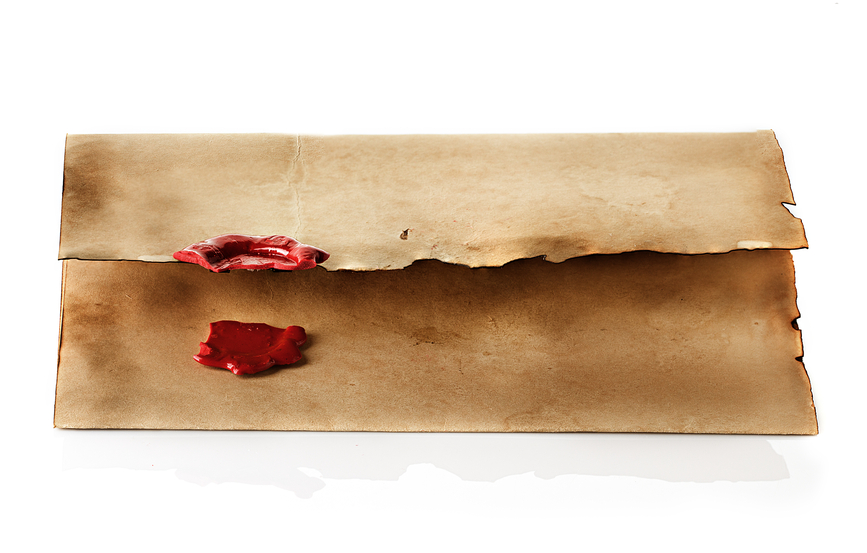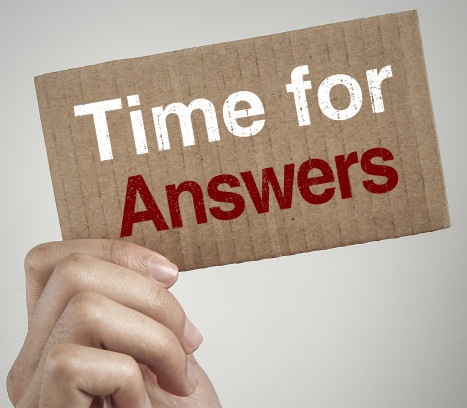 Although the focus of IPR and other PTAB trials is on the validity of patents, parties cannot reflexively rely on the safeguards of FRE 408 for licensing and settlement negotiations that apply in Federal Court. In Palo Alto Networks, Inc. v. FinJan, Inc., (Cases IPR2016-00149 and IPR2016-00150, Paper 12), the Board denied a motion to seal, stressing that “[t]here is a presumption that the record of our proceedings,… More
Although the focus of IPR and other PTAB trials is on the validity of patents, parties cannot reflexively rely on the safeguards of FRE 408 for licensing and settlement negotiations that apply in Federal Court. In Palo Alto Networks, Inc. v. FinJan, Inc., (Cases IPR2016-00149 and IPR2016-00150, Paper 12), the Board denied a motion to seal, stressing that “[t]here is a presumption that the record of our proceedings,… More
Tag Archives: evidence
Timing is Everything at the PTAB
 The whole PTAB trial timeline is extremely compressed, but one deadline in particular stands out for its urgency: the Patent Owner’s objections to Petition evidence. The Patent Owner has only 10 business days from institution to file objections to Petition evidence. 37 § 42.64(b)(1). That includes anything from the preliminary stage of the proceeding, and it is the Patent Owner’s only opportunity to preserve its right to seek exclusion of the evidence in question.… More
The whole PTAB trial timeline is extremely compressed, but one deadline in particular stands out for its urgency: the Patent Owner’s objections to Petition evidence. The Patent Owner has only 10 business days from institution to file objections to Petition evidence. 37 § 42.64(b)(1). That includes anything from the preliminary stage of the proceeding, and it is the Patent Owner’s only opportunity to preserve its right to seek exclusion of the evidence in question.… More
To Exclude or Not to Exclude?
 There are several reasons why the Board rarely grants motions to exclude evidence:
There are several reasons why the Board rarely grants motions to exclude evidence:
- Weight, not admissibility. The opponent’s objections to the evidence usually go more to the weight to be accorded the evidence (i.e., how much it contributes to or detracts from a preponderance), not admissibility (i.e., whether a provision of the Federal Rules of Evidence bars its consideration).
- Expert judges. …
How Patent Owners Should Use Expert Witnesses
Don’t go to the trouble of putting on expert testimony without giving the PTAB basis to rely on it.
 Patent Owners use expert witnesses in PTAB proceedings for one basic purpose: to undermine the Petitioner’s case for unpatentability. Expert witnesses can do this in two ways: by refuting the Petitioner’s evidence, and by introducing new evidence that dilutes the Petitioner’s evidence for unpatentability to less than a preponderance. … More
Patent Owners use expert witnesses in PTAB proceedings for one basic purpose: to undermine the Petitioner’s case for unpatentability. Expert witnesses can do this in two ways: by refuting the Petitioner’s evidence, and by introducing new evidence that dilutes the Petitioner’s evidence for unpatentability to less than a preponderance. … More
The PTAB’s Subpoena Power
Parties harness the PTAB’s authority to compel third parties only in rare situations.
 The PTAB’s tight trial schedule allows no room for protracted discovery fights. That usually doesn’t matter, because parties rarely seek more than routine cross-examination of the opponent’s witnesses. And even when they seek other evidence, such as when investigating a real-party-in-interest issue, the evidence sought usually is in the control of a party to the proceeding.… More
The PTAB’s tight trial schedule allows no room for protracted discovery fights. That usually doesn’t matter, because parties rarely seek more than routine cross-examination of the opponent’s witnesses. And even when they seek other evidence, such as when investigating a real-party-in-interest issue, the evidence sought usually is in the control of a party to the proceeding.… More
Just How “New” Can New Reply Evidence Be?
The proper reliance on new evidence in a Reply is a common issue at the patent office. The Board in Volkswagen Group of America, Inc. v. Emerachem Holdings, LLC, IPR2014-01555 (Paper 36), recently authorized briefing on whether the Petitioner had properly relied on new evidence in its Reply:
New issues raised in a reply have been, and continue to be,… More
Declarations Won’t Help Patent Owners in the Preliminary Response, but Depositions Might
 There has been much discussion about whether Patent Owners should have the right to submit new testimonial evidence with the preliminary response. The patent office has officially proposed just such a rule and is considering public comments as part of the rulemaking process (update: the new rules are here and authorize preliminary declarations). Patent Owners may, in theory,… More
There has been much discussion about whether Patent Owners should have the right to submit new testimonial evidence with the preliminary response. The patent office has officially proposed just such a rule and is considering public comments as part of the rulemaking process (update: the new rules are here and authorize preliminary declarations). Patent Owners may, in theory,… More
